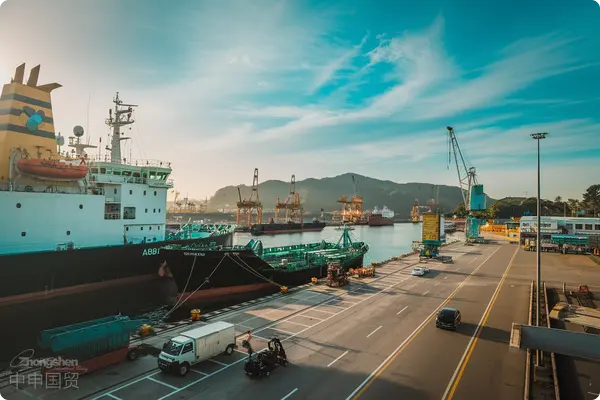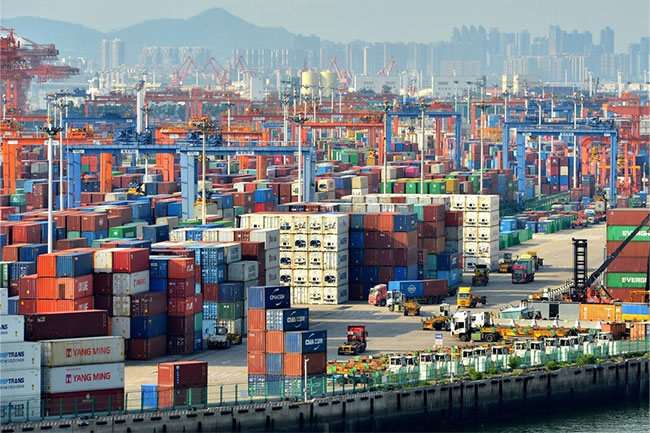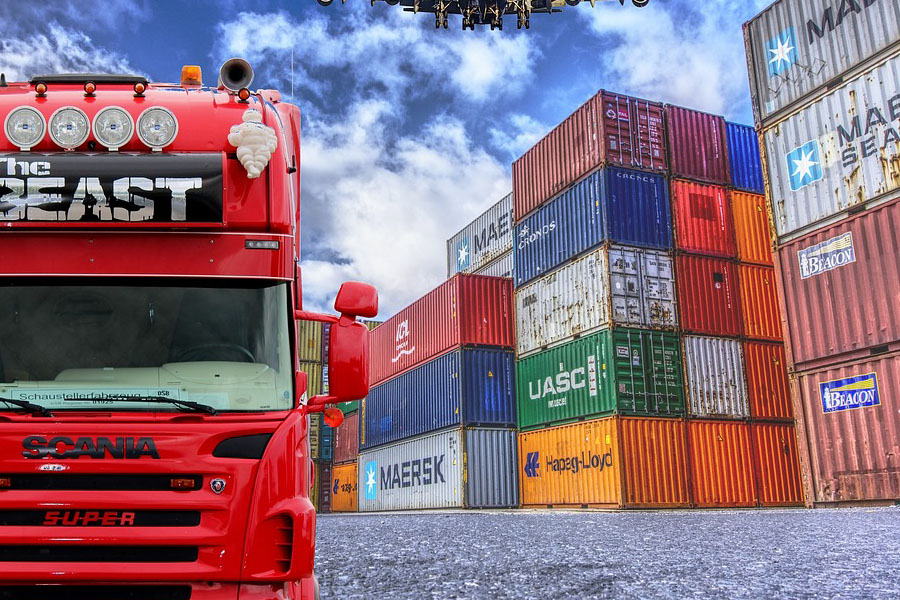- Shanghai Zhongshen International Trade Co., Ltd. - Two decades of trade agency expertise.
- Service Hotline: 139 1787 2118

A business alert triggered by an inquiry
When receiving an Indonesian buyers inquiry for stainless steel tableware last week, myforeign traderadar immediately lit up yellow. The buyer claimed to hold a government tender for free lunch programs with substantial demand, yet evaded providing tender award proof. More suspiciously, their company background showed no connection to the stainless steel industry, coinciding with Indonesias recent import policy adjustments for such products. Such seemingly attractive but questionable inquiries represent classic scenarios requiring vigilance.
Three critical red flags demand attention
Through 20 years in foreign trade, Ive observed suspicious transactions follow similar patterns. This case highlights three key risks:
- Deliberate avoidance of qualification proof: Genuine government project contractors will proactively present the bidding documents and the letter of acceptance. Using the excuse of "just met, inconvenient to provide" is as suspicious as a chef refusing to show their health certificate.
- Obvious industry mismatch: Just as you wouldnt order steel from a garment factory, cross-industry buyers either require agent qualification verification or may have ulterior motives. Background checks revealing no stainless steel experience significantly undermine order credibility.
- Contradictory policy information: While Indonesia implements student meal programs, it simultaneously tightened imports of specific stainless steel tableware specifications. Buyers insisting on restricted specifications either lack updated information or industry knowledge - both posing supplier risks.
Practical strategies to resolve dilemmas
When dealing with such suspicious inquiries, I usually adopt a strategy of "advancing when possible and retreating when necessary":
The litmus test of payment terms: A 50% upfront payment plus 50% payment before shipment is the most basic firewall. If the other party requests extending the payment terms or reducing the deposit ratio under the pretext of government procedures, there is a 99% chance that something is wrong. There was once a client who suddenly brought up "additional expenses for greasing officials" during negotiations, which directly confirmed suspicions of fraud.
Progressive information exchange: Trust building requires process - request staged document submission: company registration → tender notice screenshot → winning bid notification. Genuine buyers understand such prudence, while scammers often reveal themselves at the first stage.
Cross-verification of industry intelligence: Verify import policy changes through local chambers of commerce and customs data; confirm free lunch program progress with Indonesias Ministry of Education; even commission third-party onsite buyer verification. These costs are far lower than potential losses from blind order acceptance.
Special warnings for Southeast Asian markets
In markets like Indonesia, government procurement does have special rules:
- Tender information is typically published onlocal government procurement platformsWinning bidders require specific qualification certifications
- Payment processes are affected by fiscal budget cycles
- Claims of special connections bypassing these formal channels are likely elaborate traps. Last year Jakarta exposed a case of fake education officials scamming tableware suppliers, with methods strikingly similar to this inquiry.
Claims of "special connections" that bypass these formal channels are highly likely to be carefully designed traps. Last year, Jakarta exposed a case of fraud involving counterfeit education department officials scamming tableware suppliers, with methods strikingly similar to this inquiry.
Every suspicious inquiry is an opportunity to improve risk control systems. Recommended checklist:
Request complete company documents (business license, tax registration, legal person ID)
- Verify relevance between purchase requirements and buyers core business
- Compare with latest trade policies of target market
- Insist on deposit + irrevocable
- payment combinationL/CSmall trial order to verify purchase sincerity
- Returning to this stainless steel tray case - when the buyer cannot verify tender authenticity, their company background is unrelated to the product, and they avoid normal payment terms, further time investment becomes resource waste. Remember the golden rule of foreign trade:
Exceptionally favorable terms often hide exceptionally high risks. Maintaining professional vigilance ensures real opportunities land safely.The mystery of Indonesias stainless steel tray mega-order: Three key signals to identify foreign trade scams
Related Recommendations
? 2025. All Rights Reserved. Shanghai ICP No. 2023007705-2  PSB Record: Shanghai No.31011502009912
PSB Record: Shanghai No.31011502009912









